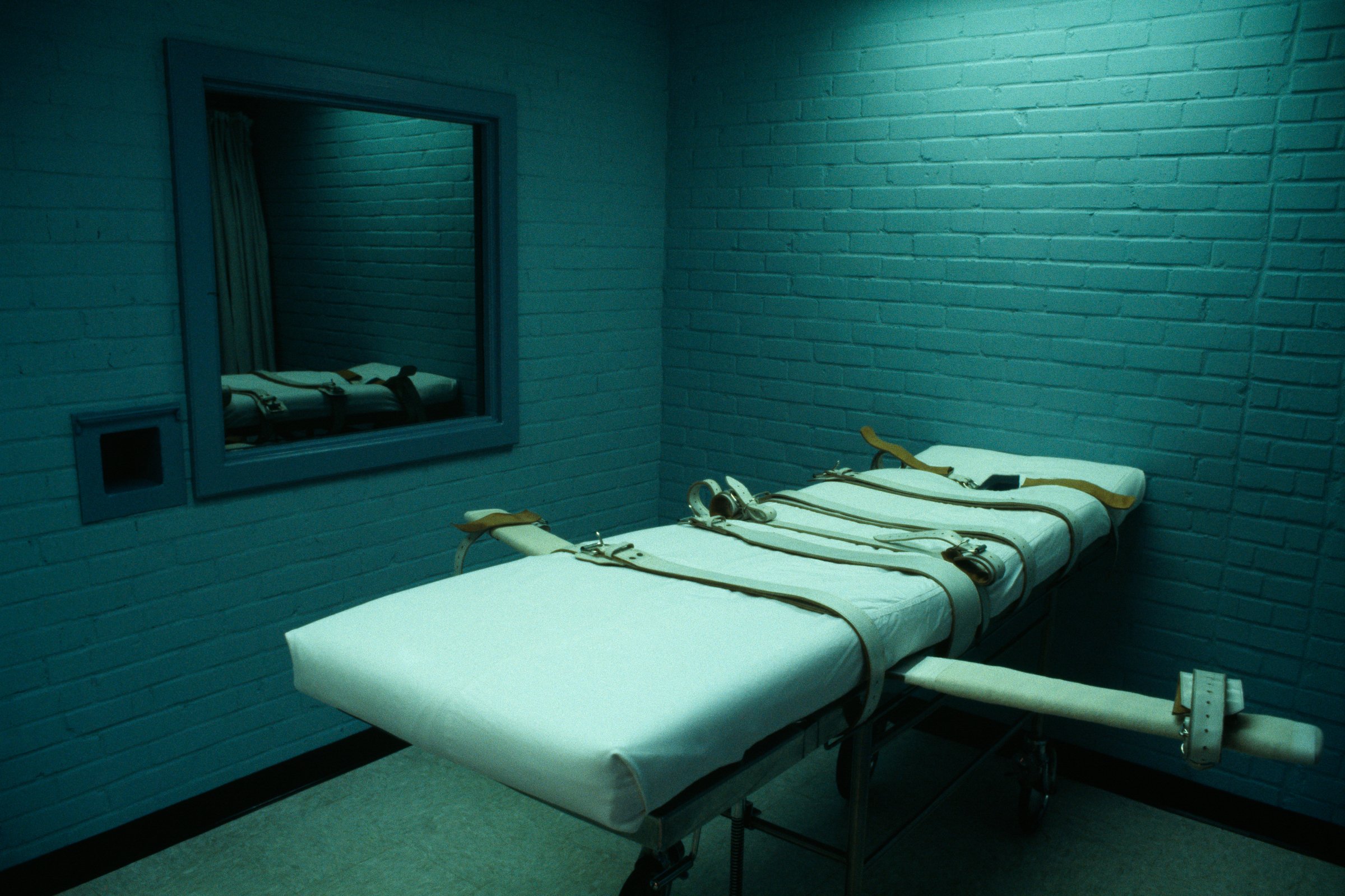
A federal judge ruled California’s death penalty unconstitutional Wednesday, saying uncertainties and delays over executions violate the Eighth Amendment’s ban on cruel and unusual punishment.
In his 29-page decision, U.S. District Judge Cormac Carney, a Republican-appointed judge in Orange County, vacated the death sentence of Ernest Jones, who was sentenced to death in 1995 for the rape and murder of his girlfriend’s mother, while making a lengthy and detailed critique of the death penalty.
“The dysfunctional administration of California’s death penalty system has resulted, and will continue to result, in an inordinate and unpredictable period of delay preceding their actual execution,” Judge Carney wrote. “Indeed, for most, systemic delay has made their execution so unlikely that the death sentence carefully and deliberately imposed by the jury has been quietly transformed into one no rational jury or legislature could ever impose: life in prison, with the remote possibility of death.”
Since the death penalty was reinstated in California in 1978, more than 900 people have been sentenced to death while only 13 have been executed. More than 90 have died awaiting their executions, and more than 40% have been on death row for longer than 19 years. California currently has 742 inmates on death row, the most in the U.S. according to the Death Penalty Information Center.
Death penalty experts and law professors called the decision unprecedented on Wednesday. “It’s the first time I can think of since the 1970s that a judicial opinion has taken on the death penalty as a whole rather than just the individual,” says Hadar Aviram, a law professor at the University of California Hastings.
It’s unclear how binding the ruling will be outside of the Jones case. Elisabeth Semel of the University of California-Berkeley’s Death Penalty Clinic says the state is likely to appeal to the U.S. Ninth Circuit Court of Appeals, potentially opening up a new chapter in the legal wrangling over the death penalty in California.
“Certainly, prosecutors will argue that the order does not have the effect of ‘automatically’ invalidating the death penalty in the cases of other individuals who have been sentenced to death or who are facing capital prosecution,” Semel wrote in an e-mail. “But also, certainly, there will and must be efforts to give the ruling traction on behalf of other defendants.”
The ruling may also give fresh urgency to calls from anti-death penalty advocates for a state referendum on executions, and may prompt Gov. Jerry Brown to re-evaluate how the system functions. Gil Garcetti, a former Los Angeles district attorney and a spokesperson for SAFE California, an anti-death penalty group, called the decision “historic.”
A spokesperson for the state’s attorney general’s office says it is reviewing the decision.
More Must-Reads from TIME
- Cybersecurity Experts Are Sounding the Alarm on DOGE
- Meet the 2025 Women of the Year
- The Harsh Truth About Disability Inclusion
- Why Do More Young Adults Have Cancer?
- Colman Domingo Leads With Radical Love
- How to Get Better at Doing Things Alone
- Michelle Zauner Stares Down the Darkness
Contact us at letters@time.com